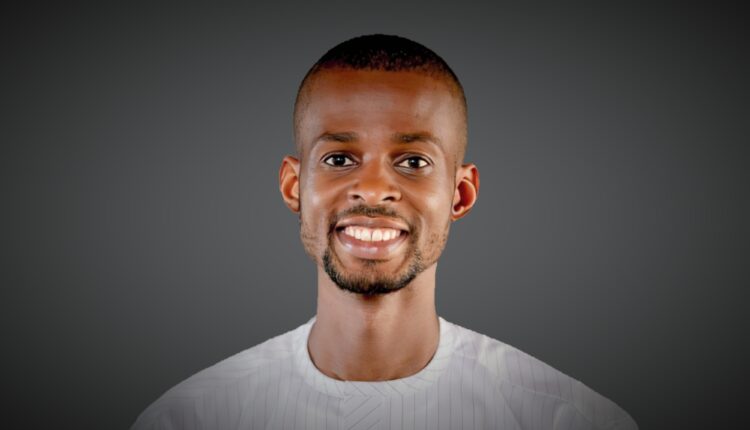
By Chima Christian
For some reasons I was thinking of my home state of Anambra this morning. My focus was on what the state has become just nine years after Peter Obi left it. In my usual manner, I allowed my mind to wander into realms many find unthinkable. I started asking myself; “What would have happened to Anambra state if Peter Obi were still the governor till today?”

Yes, governing for a period of nearly fifteen years! I know that I’ve lost you. But please find a way to force your mind to ponder it for at least a minute. As I wandered into the realms of endless possibilities, I quickly recalled the words of Walter Lippmann. You see, apart from King David of the Bible and my Lord Jesus Christ, no one else has affected my political philosophy as much as Walter Lippmann.
Although Lippmann comes a very distant third in the scheme of things, his words have a way of opening up pathways of imaginations for me. In one of those his uncanny wits, he brilliantly accused democracy of being unsure of itself. Hear him;
“That rigidity which by the mere movement of the calendar throws an official out of office in the midst of his work or compels him to go campaigning is merely the crude method of a democracy without confidence in itself.”
Agreed, democracy enables us to rid ourselves of public officials we don’t like by merely waiting until the earth has completed a certain number of rotations round the sun. But it forces us to vote on a fixed date, and compulsorily change our public officials whether or not we have a need for such changes.
If Peter Obi had continued till this very moment, Anambra could have became Africa’s Dubai/Taiwan. And that it would readily achieve without the noise of eloquent charlatans. But democracy happened to Anambra. Democracy neatly folded Peter Obi’s Anambra Integrated Development Strategy (ANIDS) and threw it inside the dustbin.
Think of Rwanda, and what it has achieved under Paul Kagame. Despite Kagame’s shortcomings, imagine what would have happened to Rwanda if, for example, “democracy” threw Kagame out after eight years, and the nation – still seething from the brutal genocide – fell into the hands of someone who has similar leadership credentials as, say, Gov. Willie Obiano.
At some point, Africa will have the boldness to own its assumptions, and then design its unique governance systems. For now, we celebrate periodic elections and peaceful transitions as progress. We don’t care much as to whether such elections and transitions are producing or truncating substantial governance results.
The elections that forcefully cut short Peter Obi’s Anambra Integrated Development Strategy was peaceful. The transition seamless. Yet it set the state many decades backwards. That same democracy, though, spewed Obiano out like a nauseating phlegm, when the earth has completed a certain number of rotations round the sun. Yet, we must pull up our calculators and count both the real and opportunity cost of what we have been told to celebrate as democracy.
At the developmental level of many African states, we can’t hope to achieve the Rwandan, Dubai, Taiwan, Chinese, or Qatari kind of leapfrog in such a short time without first addressing systemic issues. It was Paul Collier who, in his seminal work, “Wars, Guns and Votes: Democracy in Dangerous Places” masterfully laid out conditions nation-states must meet before democracy can work for them. Some of those conditions are literacy and income levels of the population.
As the many researches highlighted in the work undoubtedly proved, without meeting those thresholds, voters in a democracy will continue to act in self-sabotaging ways. For democracy in these “bottom billion,” although the system can occasionally have a hiccup, and throw up desirable governance outcomes, but it usually self-corrects to continue providing mediocre governance results it was designed to produce.
If you think of it, even if Peter Obi was sworn in on May 29, 2023, there is really no guarantee that Peter Obi’s modest efforts with Nigeria would not be be rolled back after his maximum term limit, at most. It took just one election in 2015 to move Nigeria from a consistent GDP growth rate of six percent to a sustained recession.
Many world powers were not really happy that Nigeria was one of the fastest growing economies in the world. If we had continued on that trajectory, they knew what we were capable of. So they joined forces with clueless but desperate opposition platforms whom they knew had no capacity to govern.
With repeated accusations of corruption, which were factually correct but tactically misleading, they jointly misled Nigerians, just like they misled Libyans. America’s CIA did Nigerians dirty in 2015. Today, Nigerians, just like Libyans, don’t have an economy, but we still have the same corruption and insecurity we threw away our economy for, now walking stark naked on our streets.
We may continue this conversation, and possibly discuss the alternatives – including the no-so-salutary examples of what we have been programmed to call “sit-tight syndrome.” Or we can postpone this conversation to a future date just to get back to the trenches with Nigeria’s National Population Commission, as they put finishing touches to the planned brutal rape of Nigerians in the name of census.
The battles are many. Yet, Africa’s morning is at hand.
….Chima Christian is the Executive Director of Africa’s Morning Centre For Public Policy & Good Governance, a not-for-profit commited to addressing complex societal issues through actionable insights and strategic policy recommendations.


